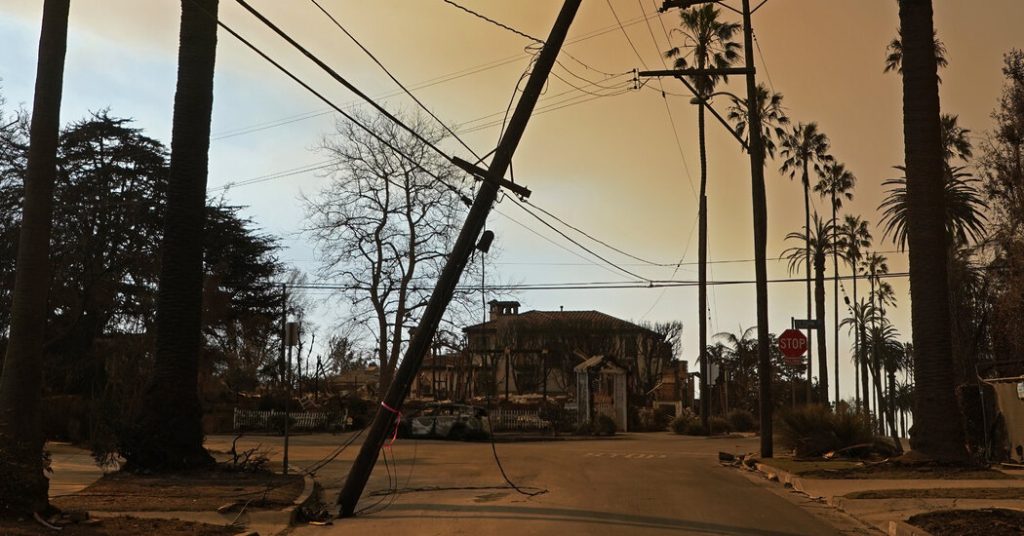The conversation begins with shared grief over the devastating Los Angeles fires, emphasizing the need for unity and support before political debates arise. While acknowledging the potential link to climate change, the immediate focus should be on aid and recovery, postponing ideological disputes for a later time. This shared sentiment transitions into a discussion about the recent legal and political events surrounding former President Donald Trump.
The focus shifts to Trump’s recent legal troubles and his return to the presidency. Gail Collins expresses satisfaction with the outcome of Trump’s trial in New York, noting the unprecedented nature of a convicted felon assuming the presidency. Bret Stephens, however, criticizes the prosecution as politically motivated, arguing that the charges and sentence were disproportionate and ultimately benefited Trump politically. The conversation then pivots to speculation about Trump’s upcoming term, particularly his legislative priorities and his relationship with Elon Musk. Concerns are raised about the concentration of wealth, power, and media influence within this alliance, as well as Trump’s affinity for far-right figures.
The discussion takes a lighter turn with a humorous exchange about Trump’s purported desire to rename the Gulf of Mexico and other geographical features. This leads to a more serious debate about the potential acquisition of Greenland. Stephens advocates for a peaceful purchase, citing strategic and economic benefits for the United States, while acknowledging the need for a referendum among Greenlanders. He proposes a substantial financial incentive for residents to become U.S. citizens. Collins expresses skepticism about the idea and questions the wisdom of expanding U.S. territories.
The conversation then briefly touches on potential entertainment for Trump’s upcoming inauguration, with both participants offering sarcastic suggestions. This transitions into a reflection on Rudy Giuliani’s career trajectory, highlighting the perils of transitioning from a successful career in one field to another, particularly politics. Giuliani’s legal troubles stemming from his involvement in the 2020 election aftermath are cited as a cautionary tale. The discussion then turns to Mark Zuckerberg’s decision to revise Meta’s speech policies and relocate part of its operations to Texas.
The conversation shifts to Mark Zuckerberg’s recent decisions regarding Meta, specifically loosening content moderation and relocating some operations to Texas. Collins expresses concern about the move away from fact-checking, while Stephens defends Zuckerberg’s decision as a necessary step to protect free speech and prevent political bias in social media. He also criticizes the Biden administration’s alleged pressure on Meta to censor content. Collins agrees that government officials should not resort to intimidation tactics against media platforms.
Concluding on a reflective note, the conversation turns to an obituary of Mauro Morandi, the “Italian Robinson Crusoe,” who lived in solitude on a deserted island for decades. Morandi’s peaceful relationship with time serves as a poignant contrast to the often frenetic pace of political and technological change discussed earlier. The juxtaposition emphasizes the value of contemplation and a balanced perspective in a world increasingly dominated by noise and conflict.


